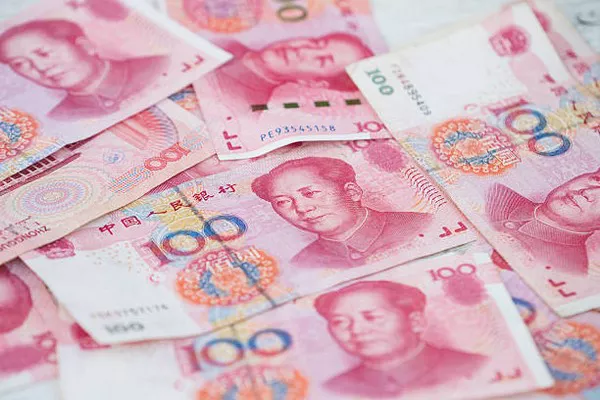In the dynamic world of global finance, investors constantly seek opportunities that promise growth and stability. One currency that has garnered increasing attention in recent years is the Chinese yuan (CNY). As China solidifies its position as a major player in the global economy, the question arises: should investors consider including the Chinese yuan in their portfolios? In this article, we will delve into the pros and cons of investing in the Chinese yuan, weighing the potential benefits against the inherent risks.
Pros of Investing in the Chinese Yuan
Global Economic Influence
China has emerged as a global economic powerhouse, with a significant impact on the world economy. The Chinese government’s strategic economic policies have fostered rapid growth and development, making the yuan an attractive currency for investors looking to diversify their portfolios.
Potential for Yuan Appreciation
While currency values can be unpredictable, some analysts argue that the Chinese yuan has the potential for appreciation in the long term. As China’s economy continues to expand and global trade dynamics evolve, the yuan may strengthen against other currencies, offering investors the opportunity for capital gains.
Diversification Benefits
Adding the Chinese yuan to a portfolio can provide diversification benefits. Correlations between the yuan and major Western currencies like the U.S. dollar or the euro may differ, helping investors mitigate risk and reduce overall portfolio volatility.
Renminbi Internationalization
China has actively pursued the internationalization of its currency, the renminbi (RMB). The inclusion of the yuan in the International Monetary Fund’s (IMF) Special Drawing Rights (SDR) basket in 2016 marked a significant milestone, enhancing the yuan’s status as a global reserve currency. This development has increased the appeal of the yuan to global investors.
Cons of Investing in the Chinese Yuan
Currency Risk and Volatility
One of the primary concerns associated with investing in any foreign currency is the inherent currency risk. Exchange rates can be highly volatile, influenced by various factors such as economic data, geopolitical events, and government interventions. Investors should carefully assess their risk tolerance before venturing into the Chinese yuan market.
Limited Currency Convertibility
Although efforts have been made to internationalize the yuan, it remains subject to certain capital controls imposed by the Chinese government. These restrictions can impact the ease with which investors can convert their yuan holdings into other currencies, potentially limiting liquidity and flexibility.
Geopolitical Risks
Investing in the Chinese yuan is not immune to geopolitical risks. Tensions between China and other major economies, trade disputes, and political uncertainties can impact the yuan’s value. Investors must stay informed about geopolitical developments and their potential implications for the Chinese economy and currency.
Influence of Government Policies
China’s economic policies are heavily influenced by the government, and sudden policy changes can have a significant impact on the yuan. Government interventions in the foreign exchange market to stabilize the currency or achieve specific economic objectives can create uncertainties for investors.
Considerations for Potential Investors
Thorough Research and Analysis
Before making any investment decisions, thorough research and analysis are crucial. Investors should carefully examine economic indicators, government policies, and global market trends that may impact the Chinese yuan. Understanding the factors that drive the yuan’s movements is essential for making informed investment decisions.
Diversification Strategy
For investors considering exposure to the Chinese yuan, a well-thought-out diversification strategy is key. Diversifying across different asset classes and geographic regions can help mitigate risks associated with currency fluctuations and geopolitical events.
Professional Advice
Seeking advice from financial professionals or currency experts is advisable, especially for those new to the foreign exchange market. Professional guidance can help investors navigate the complexities of currency markets and develop a strategy aligned with their investment goals and risk tolerance.
SEE ALSO Is the RMB Truly a Floating Currency?
Conclusion
Investing in the Chinese yuan presents both opportunities and challenges. As China continues to assert its influence on the global stage, the yuan’s role in international finance is likely to expand. However, potential investors must carefully weigh the pros and cons, considering factors such as currency risk, geopolitical uncertainties, and government policies. A well-informed and strategic approach, combined with a diversified investment portfolio, can help investors harness the potential benefits while managing the inherent risks associated with investing in the Chinese yuan.


